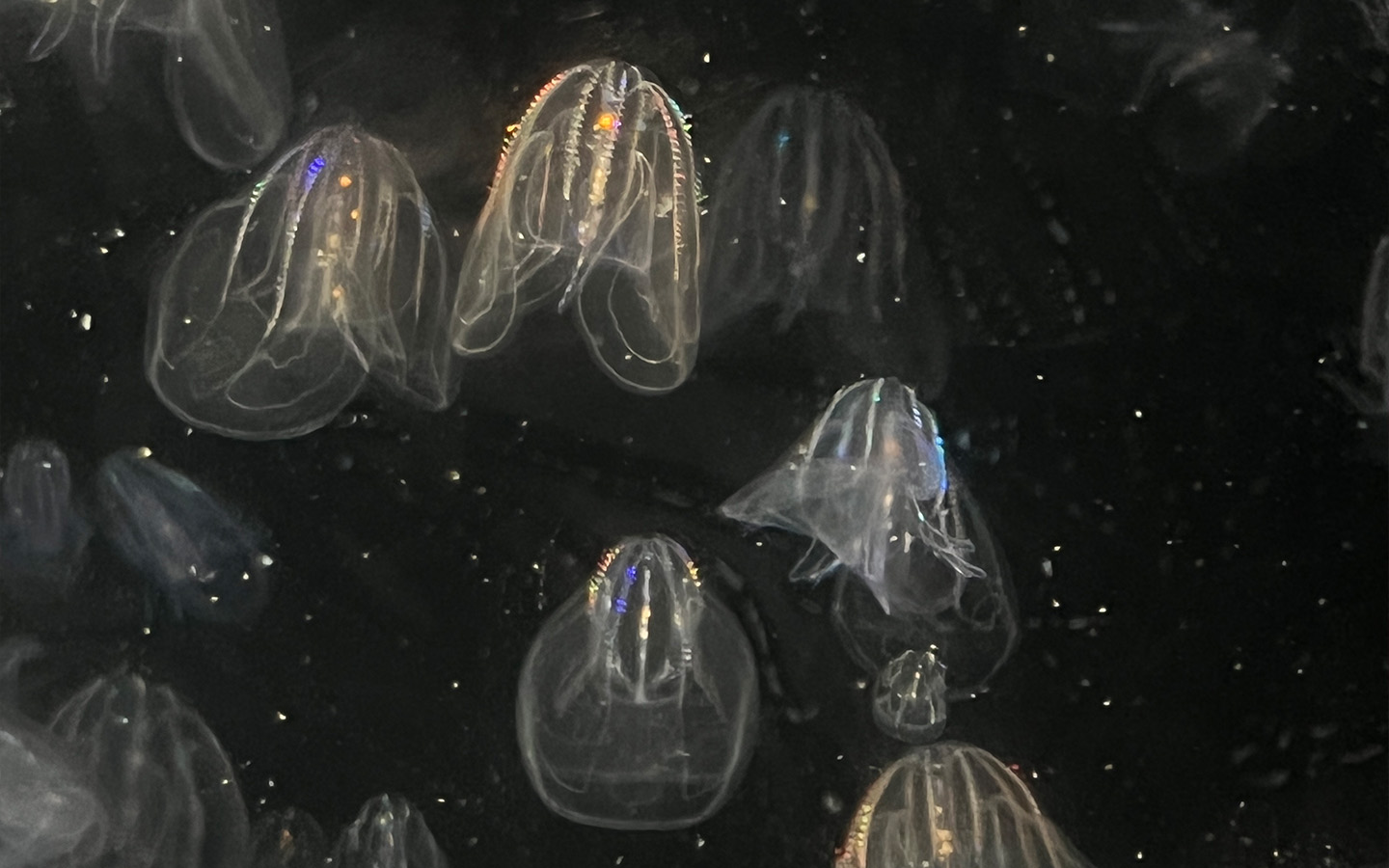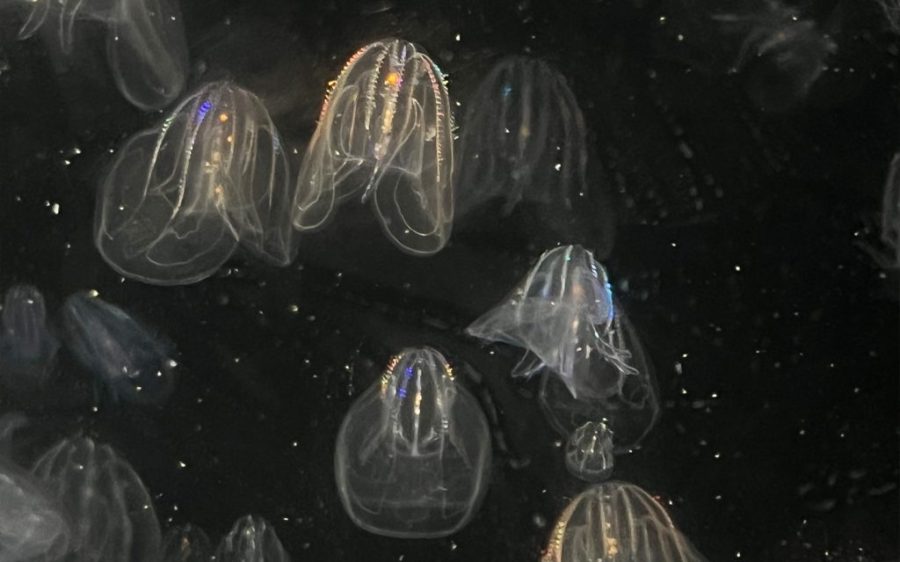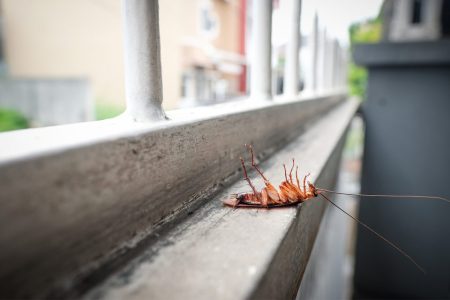A strange disappearance in a Norwegian lab led scientists to discover a marine creature with the “unprecedented ability” to turn back the clock and reverse its age to that of a juvenile in the wake of stress.
While previous experiments indicated such regression was impossible for the warty comb jellyfish (also known as the sea walnut), little else could explain why a mature comb jelly in the laboratory tank at the University of Bergen in Norway suddenly disappeared, replaced by a walnut-shaped larva.
Marine biologist Joan Soto-Angel brought in his colleague, Pawel Burkhardt, to test the theory. They placed 65 adult jellies isolated in tanks and starved them for 15 days before switching to feeding them a much leaner diet than normal. As expected, the comb jellies began to quickly shrink. “Over several weeks, they not only reshaped their morphological features,” Soto-Angel told press, “but also had completely different feeding behaviour, typical of a cydippid larva.”
“The fact that we have found a new species that uses this peculiar ‘time-travel machine’ raises fascinating questions about how spread this capacity is across the animal tree of life,” Soto-Angel said. As one of the earliest animal lineages, comb jellies’ ability to reverse development may represent an ancient feature in the animal kingdom.
[See more: Elephants use names for each other, new research suggests]
Of the 65 comb jellies in the experiment, 15 received an additional stressor: removal of the plump gelatinous lobes that define adulthood in the species.
Those in the lobectomy group experienced a far higher rate of reverse ageing with six out of 15 (40 percent) reverting to their cydippid larval stage while only seven in 50 (14 percent) from the starvation-only group did the same.
One of the only other species known to possess this remarkable ability to regress to a more youthful form is the aptly named immortal jellyfish. Where most jellyfish appear to have a fixed lifespan, immortal jellyfish are able to return to a polyp state at any stage in life if facing conditions of starvation, sudden temperature change, reduction of salinity or injury of the bell.
Comb jellies have other remarkable traits as well, including the ability to reproduce sexually at the larval stage – as well as to join together. Only last month, a biologist discovered two comb jellies that had fused in order to survive injury, the joined form moving as one.






